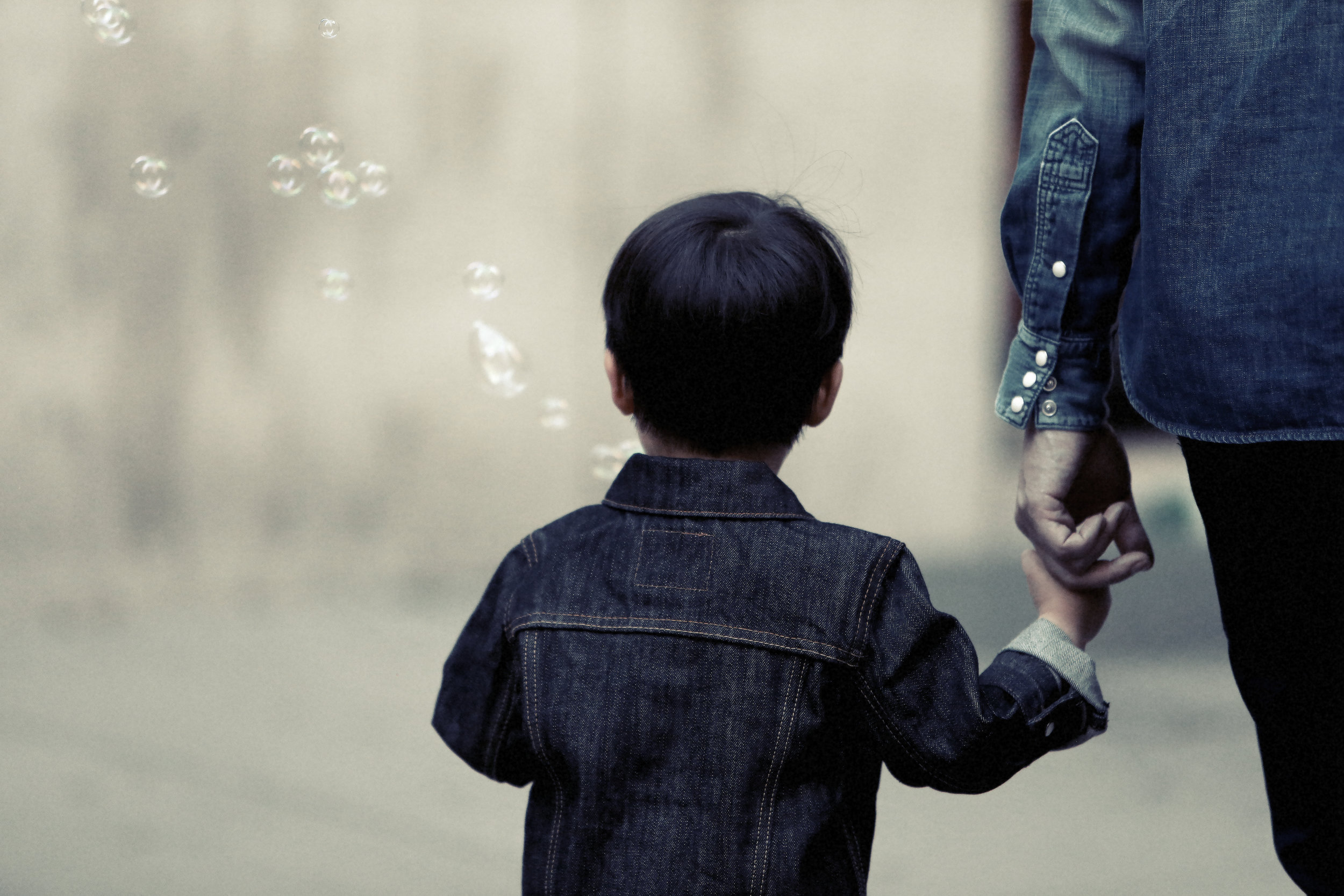The addition of a child to a family is a jubilant occasion. An adoption especially merits celebration and joy: adoptive parents have usually slogged their way through agonizing months (or years) of paperwork, visits with social workers, and parenting classes to bring their child home. Yet at some point their mirth often gives way to feelings of loss and grief—perhaps only temporarily, but nonetheless with gravity. Church staff is wise to “hold space” for adoptive families in their midst who might be experiencing this season of grief. Each member of the adoption triad experiences it differently:
The adopted child. An adopted child experiences profound loss, usually at an age when they are bereft of language to express it. The loss of their birth parent affects them at the time of their separation in even the best-formed adoption plans (e.g. losing the sound of a voice they knew in utero). Later, as they grow in their awareness of their adoption story, they experience new layers of grief as they process the loss of a sense of history and identity—connection with their biological history, and perhaps a loss of culture if they were adopted internationally. We simply cannot overestimate how profoundly these losses can affect a young person as they build their sense of identity and self-worth. These losses are often compounded and complicated by feelings of guilt—that they “shouldn’t” feel sad about their losses because they’ve gained much in their adoptive family or worry their grief will cause their adoptive parent(s) pain. In such situations consider the following supports:
Make it safe for adoptees to voice their feelings—whatever they may be. Resist the temptation to rush or gloss over their grief by consoling them with all the good things in their life. Their loss is real, even if they’ve gained much.
Recognize their grief is likely to loop through their lives at varying developmental milestones; they’ll feel the loss differently at each stage.
Build relationships between pastoral staff (or professional counselors) and adoptive children so that when grief “strikes” talking about it (perhaps without parents to remove any complicating feelings of guilt) is easier and happens sooner.
The adoptive parent(s). The realities of sleepless nights, medical crises, and concern over a child’s well-being quickly disillusion any parent of their romantic notions of raising children. While this is true whether the child is birthed or adopted, adoptive parents can experience a deep sense of grief in their journey with their adopted child. They sometimes grieve with the child for his or her losses, feeling unable to provide the sense of identity their child longs for. Other times, the loss is felt when they experience difficulties in building healthy attachment with their child. The desire to adopt is often born of a deep love for children; when that love is thwarted by the effects of early childhood trauma, the parents experience a loss they likely never anticipated. To support parents through such grief, consider:
Offering adoptive parent support groups where participants feel safe in sharing their feelings—no matter what they may be.
Educate would-be adoptive parents that loss is part of adoption; alert them to the likelihood of experiencing it and the reasons why.
Encourage the parents to recognize that siblings in the home are prone to similar feelings, as well.
The birth parent(s). The church champions adoption, not just as fulfillment of caring for orphans (James 1:27) but as the preferred answer to unplanned pregnancy. When a woman (or couple) considers adoption, she hopefully benefits from some wise counsel from a parachurch organization or adoption agency. Yet often that’s where the support ends for birth parents. While it’s true that not every adoption plan is made with altruistic concern, most birth parents have given genuine consideration to both their ability to parent and the welfare of the child and his or her future. This consideration—and the heart behind it—is the gateway for grief; their care for the child, though they may not feel equipped to parent him or her, is the very reason they experience a loss. And they are likely to continue to experience grief over the course of their lifetime, in much the same way the loss ripples through the life of the adoptee. The church can come alongside birth parents by:
Fostering a culture that is free of shame and rich in forgiveness and acceptance. Birth parents needn’t have their losses compounded by feeling ostracized for their choices—whether sinful or not.
Honoring their decision and committing to journey with them beyond the birth and adoption. Offer counseling when warranted; offer support and remembrance in much the same way one would for bereavement.
Grief in adoption is often ambiguous or confusing because it usually lacks a well-defined loss or the ability to obtain closure. While the church won’t be able to provide easy answers, simply recognizing the depth of emotion associated with loss in adoption—and being willing to step into the hard places with mercy, as Jesus does—is a beautiful gift to the family of faith. If we can minister tenderly to the deep losses experienced in adoption, we can, I hope, heal and experience the joys of adoption more fully.
Kirsten Holmberg is a writer, speaker, and public speaking coach based in the Pacific Northwest. As an adoptive parent since 2004, her understanding of God’s adoption of her into His own family has grown and expanded. She is the author of Advent with the Word: Approaching Christmas Through the Inspired Language of God and He is… therefore i am. Kirsten speaks regularly at church and community events, encouraging others to step closer to Jesus and better know His love for them through His Word. Find her online at www.kirstenholmberg.com.




